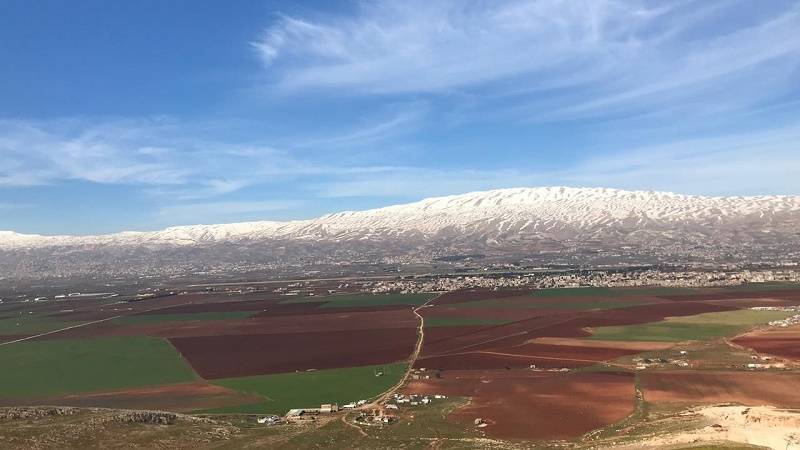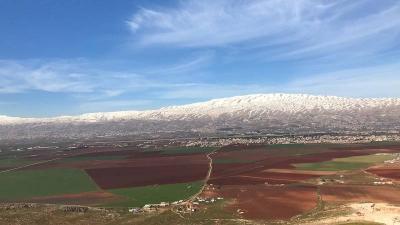The Secretary-General of Hezbollah, Hassan Nasrallah, has revitalized the discussion about extracting oil on land following its discovery in the sea, asserting that Lebanon possesses oil wealth on land and that politics has hindered its extraction throughout the past years. Nasrallah’s statement recalls various studies that pointed out this issue, beginning with scientist Ghassan Kanso and extending to surveys conducted at different times. So, does Lebanon indeed have oil reserves on land? What path should the state take to extract it? The most important question is: what benefit would this extraction provide, and is the world still in the age of oil?
Oil and gas expert Lori Haytian reminded of historical moments when land oil was discussed, beginning from the period between 1947 and 1967, when attempts were made to search for oil on land in seven Lebanese areas, concluding that oil exists in Lebanon but extraction is very costly. The file was closed until 1993, when an attempt was made in the sea in northern Lebanon, but the issue was folded back until after 2000 up to today. She noted that surveys were conducted by the Lebanese state during this time but their results were not announced, hence large quantities cannot be discussed at this point.
Haytian stated in an interview with MTV that necessary studies should be conducted, followed by drilling to confirm the existence of oil on land. She explained, "There is currently no plan for extracting oil on land; all we have are recent situational surveys, and there was a law for onshore oil exploration that was under consideration in Parliament, but it has not been approved."
She considered that, based on this information, one cannot be certain about the existence of oil on land, and what can be done is to plan and decide on how to seek to extract oil and gas if found. Commenting on Nasrallah's proposal, she said, "Nasrallah speaks of a bygone era; relying on oil and gas and striving to become an oil state has become an 'old tune' in the economy, an outdated economic model that does not fit with global developments in the search for renewable energy. If they believe this approach will save Lebanon, it will have no place in the world.”
While describing this thinking as outdated and irrelevant globally, Haytian stressed the need to look forward and how to transition towards renewable energy. She suggested that the Ministry of Industry conduct a survey of the minerals Lebanon possesses that could be extracted and invested in renewable energy production, adding, "If we truly want a role in the global economy, it is wiser to think in this direction; this could contribute to societal development and secure Lebanon's place in the global economy."
Oil is not the magical solution for Lebanon... a phrase previously expressed by Pierre Doukan. The return to economic recovery requires growth and the recovery of the economic cycle's vitality and support for productive sectors. None of this will succeed if Lebanon does not implement reforms and fortify its institutions against corruption; otherwise, the coming days will not bring anything better than our current reality, even if it is oil-related.




